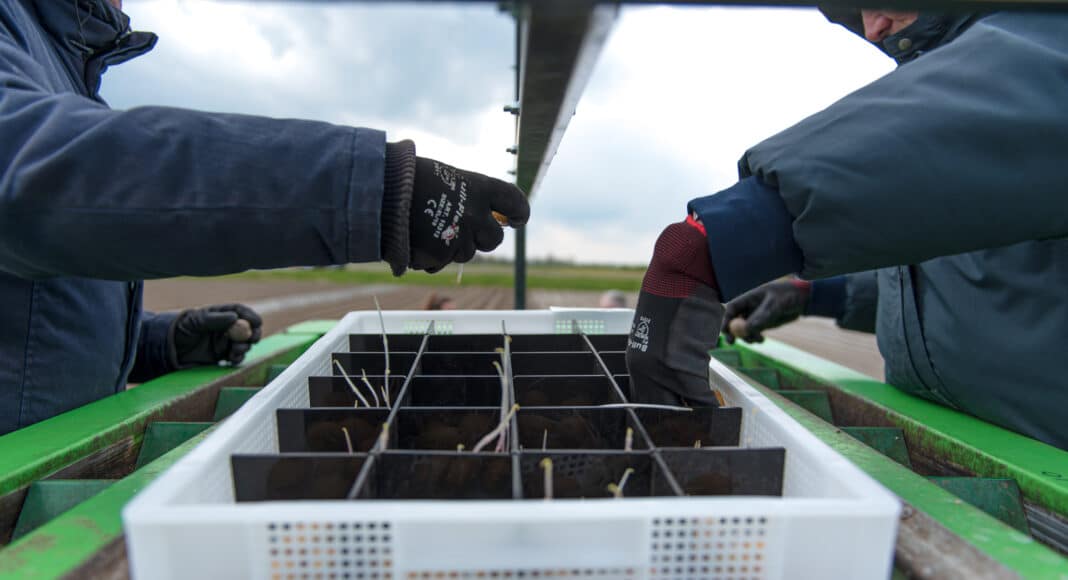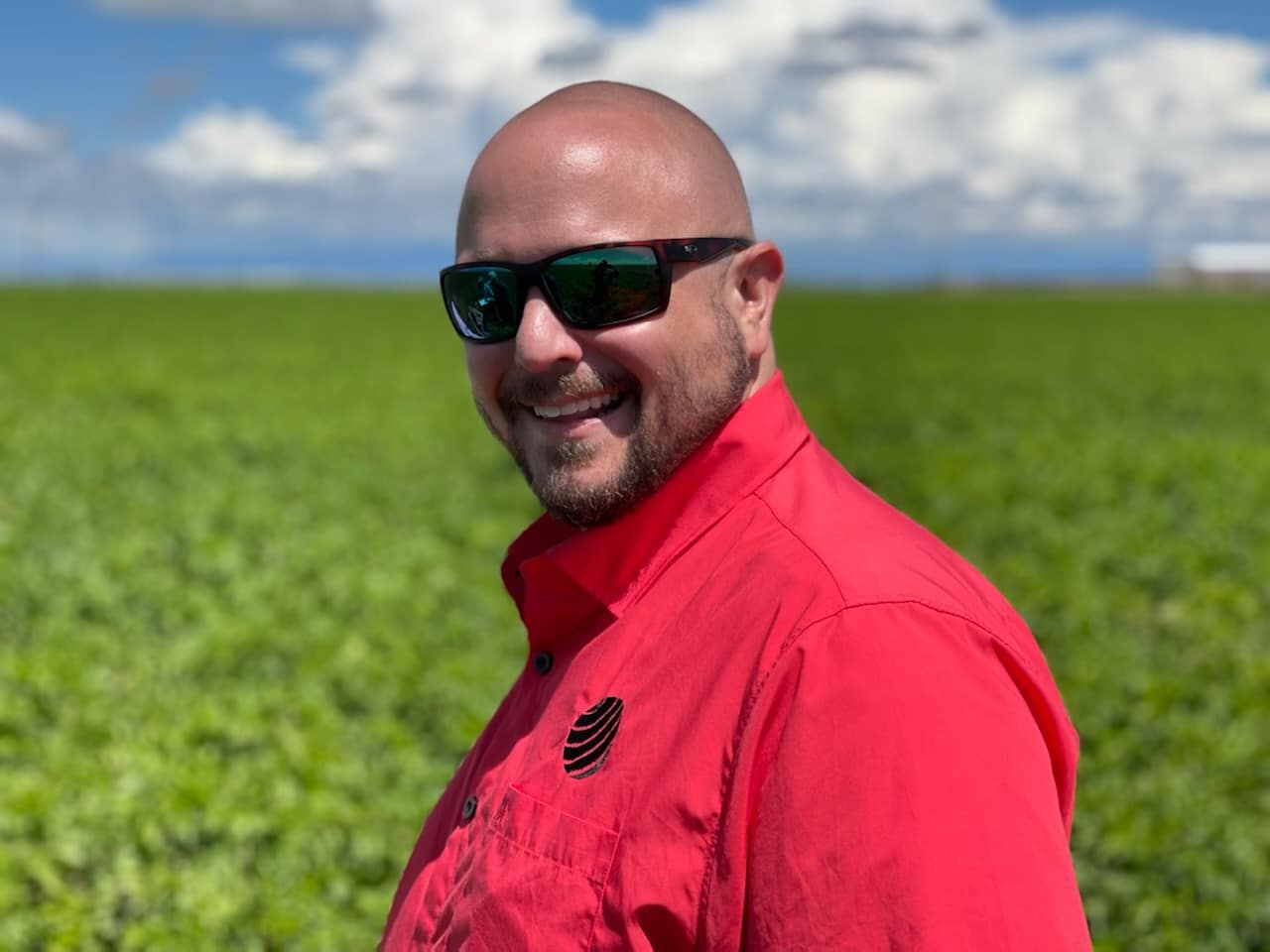There are people who are passionate about their projects, and then there are people who take passion for their projects to a whole different level.
Our product manager, Deron Beck, is the second type of person. I visited with him recently to finalize our trial plans for the year. Like always, he wants to do one more trial, expand to one more area, or maybe add “just one more” strip.
I love when people are enthusiastic about trials — especially our trials — so we do everything we can say yes as often as possible. Since that’s not always economically feasible, we prioritize. Here’s a quick snapshot of our trial development process.
For any trial plan, prioritization should come from determining which are the most pressing questions. We want to get the right answers, but answers aren’t relevant if we don’t ask the best questions. We need to know what our customers are going to need to know when we bring them a new variety. We could assume we know what those questions are, and often we might assume correctly, but getting feedback from the industry increases our chances of getting our trial questions right.
Collaboration is one way we get that feedback.
In addition to our own managed trials and work with universities, we also have trials with collaborators. Collaborators might include a field chemistry company, a storage chemistry company, or a company like ours looking to compare our varieties to theirs.
Working with collaborators gives us deeper insight into the diversity of trends, opportunities and challenges our industry faces. These kinds of trials help us not only learn about our varieties; we learn more about our customers, the regions they operate in, and what special circumstances they face.
Once we have the right questions, we search for answers that will make the most impact to our customers’ bottom lines. A trial should allow us to confidently bring a new variety to a customer and say, “This is going to work for your market segment.” We need to have answers for their region and their operation conditions. Do they ship directly from the field, or do they store their potatoes? Are they in a semi-tropical area like Florida, or an arid region like Edmonton?
To address this, we need a geographical cross-section of trial areas. We are currently trialing in six different US states and five Canadian provinces. We recognize that this is a small sample of potato production regions across Canada and the US, so we select locations that optimize representation.
We look at questions for today’s production, but we also need to look at the future. Are there up-and-coming chemistries that we should be testing so we know how our varieties respond? Are there environmental challenges that we need to examine in trials so we make sure specific regions are prepared? Is the market shifting from one category to another? From one shape to another? These insights increase our confidence that we can deliver good answers today and even better answers tomorrow.








